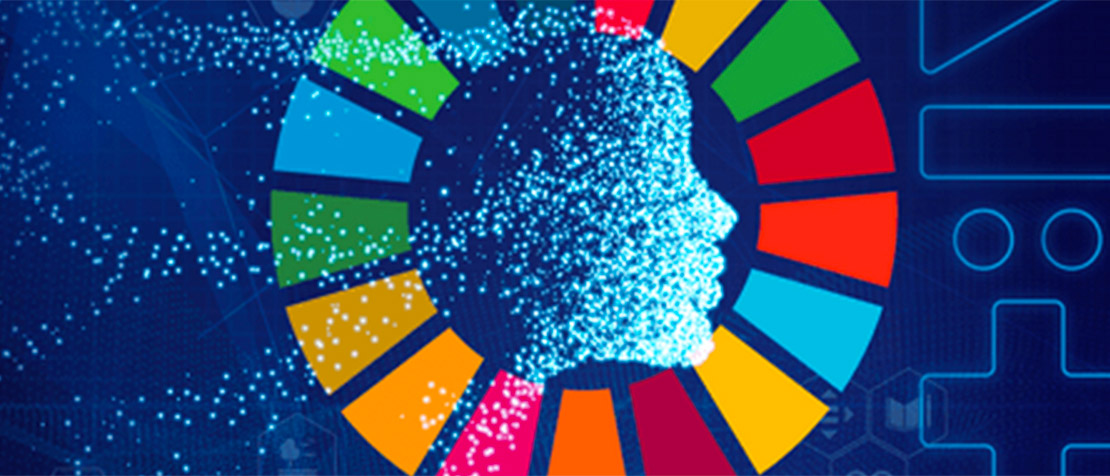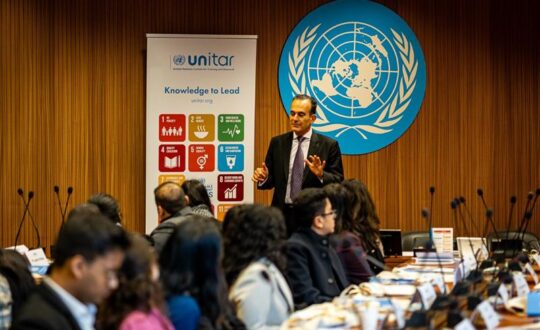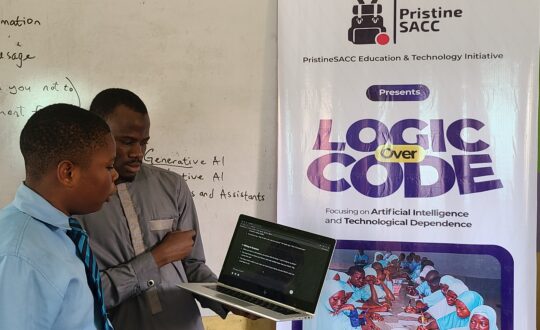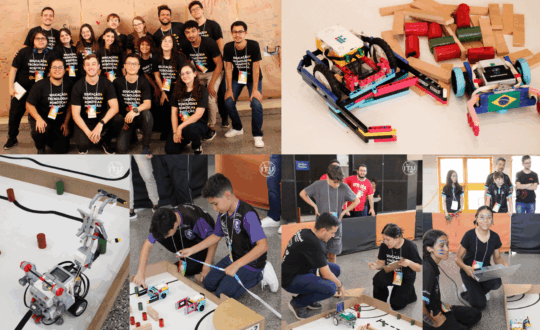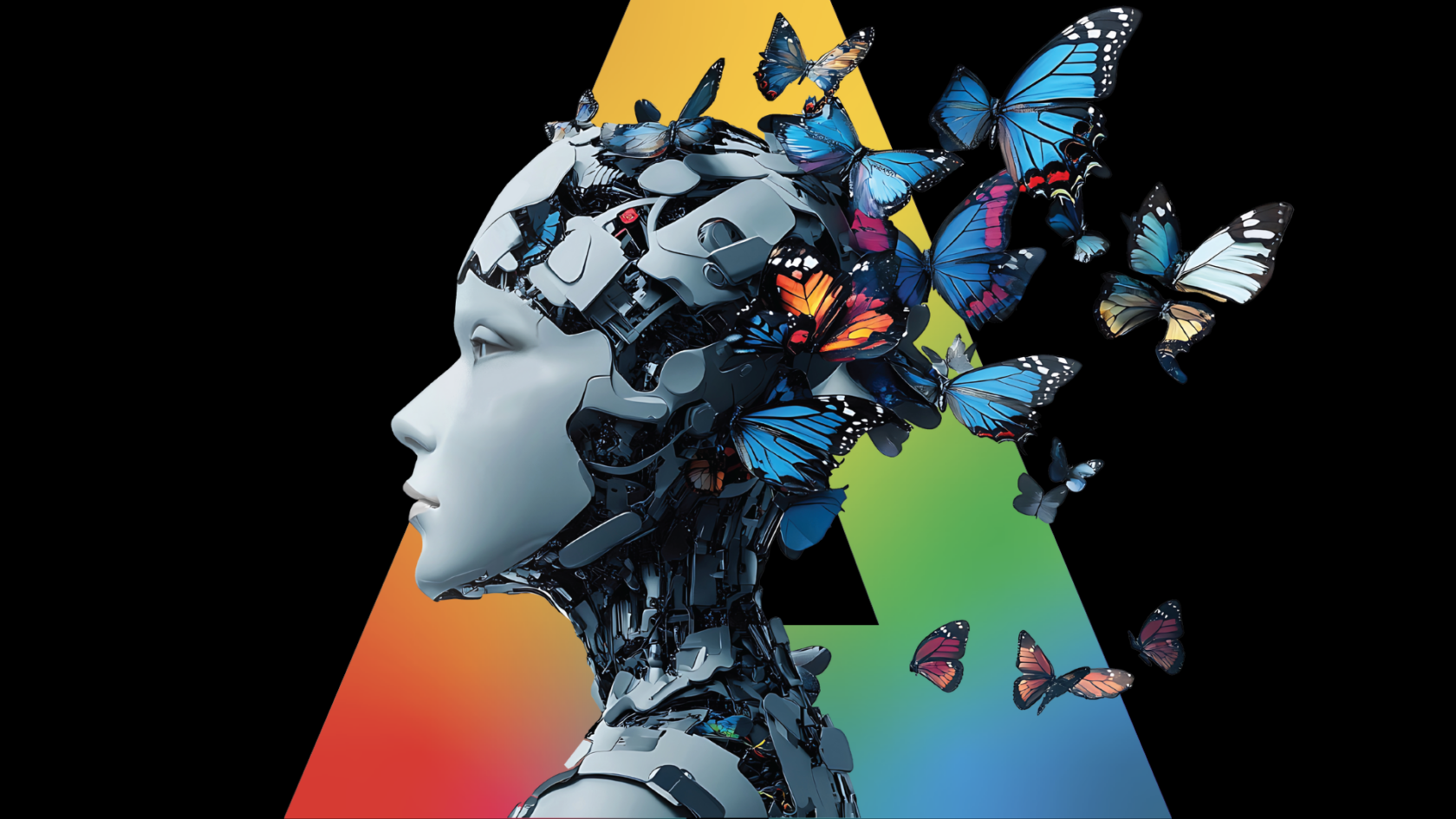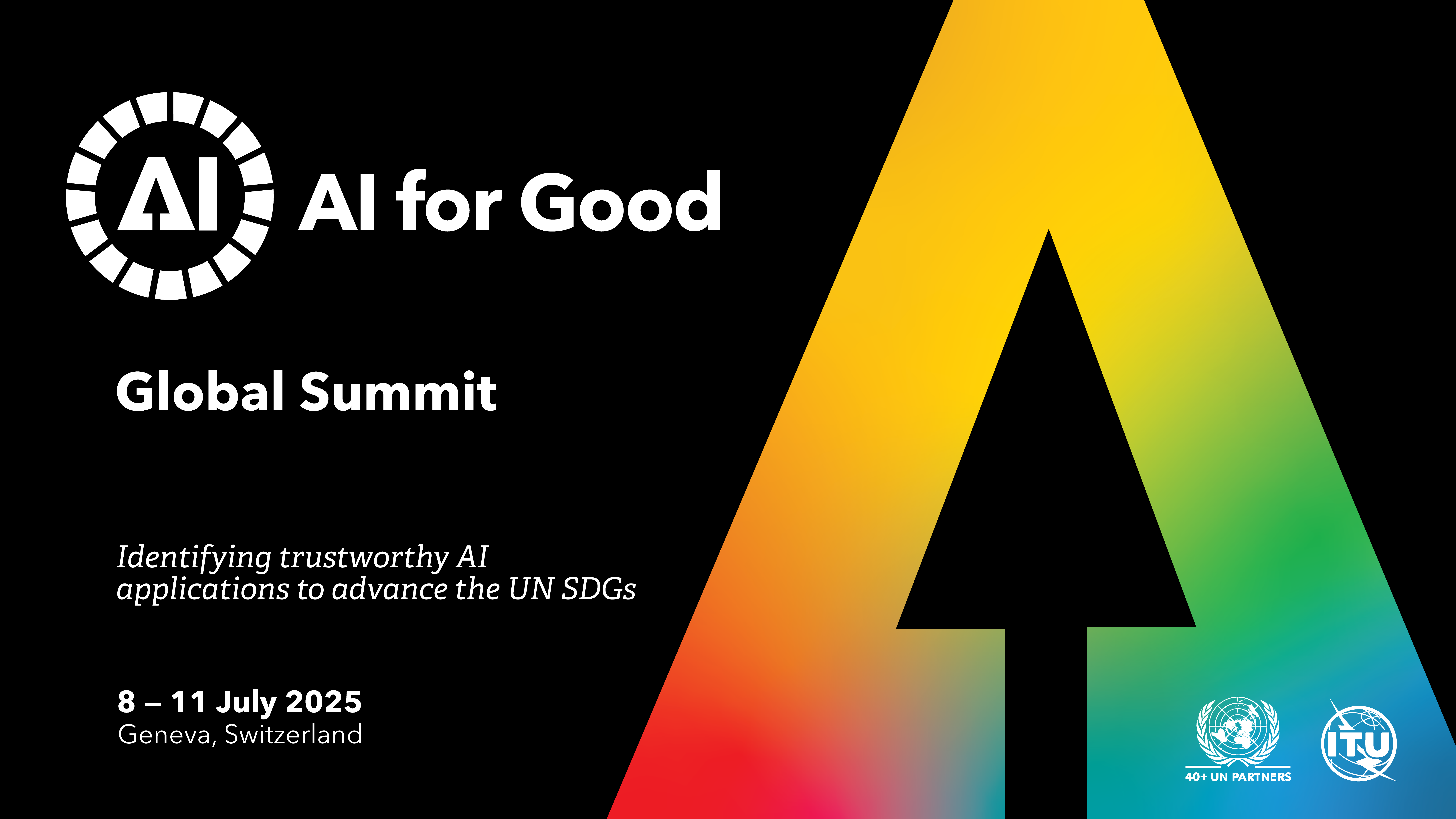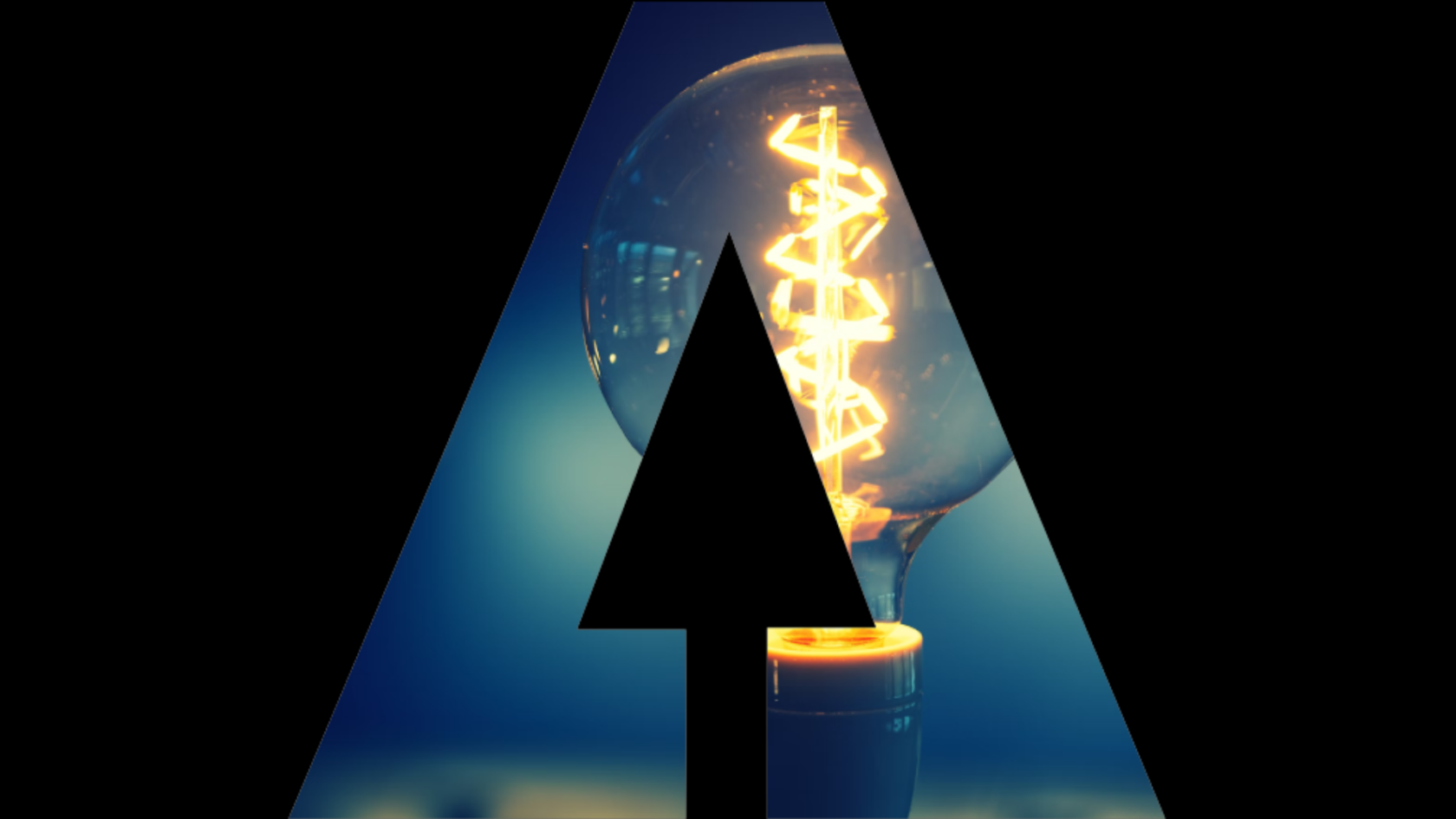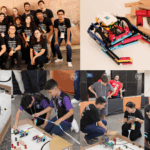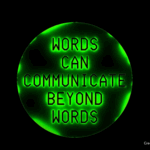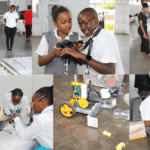*The following article is adapted from my remarks this week during the ‘AI Forum’ at the Sixth Wuzhen World Internet Conference in Wuzhen, China.
In Game Two of the historic 2016 Go match between Lee Sedol and DeepMind’s AlphaGo, the AlphaGo machine made a move that no human ever would and won.
Artificial intelligence has captured the imagination of the public ever since, prompting us to rethink the very nature of the innovation process. And the pace of innovation in this area is moving fast, with 50 percent of all AI patents being published in just the last five years.
It is in this context that we should consider the national AI strategies launched by a number of countries around the world, including China’s “Next Generation Artificial Intelligence Development Plan.” And it is not just countries. Artificial intelligence is being used across the United Nations system to help solve some of our biggest challenges – from fighting hunger to tackling the urgent climate crisis to building smart sustainable cities.
ITU’s role in shaping the future of AI
As the UN specialized agency for information and communication technologies, ITU plays an important role in shaping the future of AI and other emerging technologies ranging from the Internet of Things to 5G.
These technologies are opening new frontiers and also new possibilities in health, education, finance, mobility, energy, and many other key areas. But with possibility comes responsibility. And as we speak, almost half of the world’s population is still not using the Internet, let alone these technologies.
Each year, thousands of AI innovators and public and private-sector decision-makers from around the world gather at ITU for the ‘AI for Good Global Summit.’
It is important to recognise that whilst AI holds great potential for human progress, this technology also raises concerns about future work, and complex questions about privacy and trust. In response, a number of countries, companies, institutes and regional and international organizations have published a set of ethical standards for AI research.
‘Beijing AI Principles’
Last May, for example, the Beijing Academy of Artificial Intelligence released the ‘Beijing AI Principles’. These principles were developed in collaboration with prominent technical organizations and tech companies, including Peking University, Tsinghua University, the Institute of Automation and Institute of Computing Technology in Chinese Academy of Sciences, as well as Baidu, Alibaba and Tencent.
These 15 principles call for “the construction of a human community with a shared future, and the realization of beneficial AI for humankind and nature”. The very first principle is to “Do Good”.
ITU is an advocate of AI for good, whilst being mindful of the challenges and risks associated with the technology.
The path to a transformative but also a safe, trusted and inclusive AI will require unprecedented collaboration between government, industry, academia and civil society.
Each year, thousands of AI innovators and public and private-sector decision-makers from around the world gather at ITU for the ‘AI for Good Global Summit’, the leading UN platform for global and inclusive dialogue on artificial intelligence.
The objective of the Summit is to generate new AI projects that can accelerate progress towards the United Nations Sustainable Development Goals. We hope more Chinese companies will join us in this effort by coming to our next ‘AI for Good Global Summit‘, which will take place in Geneva from 4 to 8 May 2020. As a leading global player on AI, it is important for China to have a voice on this platform.
New ITU Focus Group on ‘AI for autonomous and assisted driving’
Just as important is China’s engagement in ITU activities on AI. And I am pleased to say that just last week, ITU launched a new Focus Group on ‘AI for autonomous and assisted driving’ that received strong backing from China.
The objective of the Focus Group is to support standardisation activities of AI evaluation in autonomous and assisted driving. The work of this group will be essential to build the global public trust required for widespread deployment of AI on our roads.
ITU also has two other Focus Groups on AI: our Focus Group on ‘Artificial Intelligence for Health’ created with the World Health Organization, and a new Focus Group on ‘Environmental Efficiency for Artificial Intelligence and other Emerging Technologies’ − a very timely and important topic in the fight against climate change.
What all these initiatives have in common is that no nation, company or organization can address the promises and challenges of AI alone.
Circling back to the match between Lee Sedol and AlphaGo: in Game Four, Lee Sedol made a move that the machine had not been programmed to predict — and he won.
So, AI is still in its early days. But one thing is for sure: the path to a transformative but also a safe, trusted and inclusive AI will require unprecedented collaboration between government, industry, academia and civil society.
As AI continues to progress, let us work together to ensure that the benefits of artificial intelligence are widely distributed and fairly shared.



